New Scientist covers the latest developments in science and technology that will impact your world. New Scientist employs and commissions the best writers in their fields from all over the world. Our editorial team provide cutting-edge news, award-winning features and reports, written in concise and clear language that puts discoveries and advances in the context of everyday life today and in the future.
Elsewhere on New Scientist
A dangerous beginning • Ending abortion protections in the US will drive inequality and threaten public health
New Scientist
Amazon deforestation • Lax law enforcement has allowed huge numbers of trees to be cut down in the Brazilian rainforest, reports Adam Vaughan
We could exceed 1.5°C by 2026
Life during India’s heatwave • Extreme spring temperatures show the need for long-term heat action plans as India’s climate warms, reports Payal Dhar
How quickly can you catch covid-19 again? • A prior infection appears to offer some protection, but it is unclear for how long, or whether reinfections are guaranteed to be mild, finds Clare Wilson
Virus found in pig heart recipient • The first person to receive a pig’s heart has died after a porcine-specific viral infection was discovered within the organ, but the cause of death is unclear, reports Michael Le Page
Will the Central African Republic’s bitcoin experiment flop? • The second country to make the cryptocurrency legal tender may end up benefiting criminals and warlords most, reports Luke Taylor
Liquid crystals shape laser beam into a photorealistic cat
Discrimination and harassment • The workplace can be a hostile environment for minority groups in STEM. Gege Li reports
What is at risk if Roe v Wade falls? • State laws could restrict abortion in large parts of the US, and other reproductive healthcare offerings may be at stake, reports Dana G. Smith
I’m in a virtual world – leave me a message
Jackals seen stealing prey killed by lynx
Hungry worms will risk hurt if it helps them reach a meal
Privileged people misjudge pro-equality policies
Toxic foam clouds hit Colombia • Polluted rivers near Bogotá are creating dangerous froth that is making people sick
Brain cells linked to Parkinson’s disease finally identified
Vaquitas could breed their way back from brink of extinction
Webcam test could show whether you lack a mind’s eye
Five recent mega heatwaves that slipped under the radar
Jab for glandular fever virus tested
Eat microbial protein to spare the forests
Really brief
Vast water store under Antarctic ice
Gene change after split from chimps linked to cancer risk
Turning moon dust into oxygen and fuel
Not alien, just Australian • Writing off the amazing adaptations of Australian mammals as “weird” and “primitive” hurts conservation efforts, says Jack Ashby
Field notes from space-time • Science: a team sport Far from the stereotype of a lone genius, research is very collaborative. We must get better at showing others what it is really like, says Chanda Prescod-Weinstein
Vital connection
Your letters
Codes, cyphers and a cuppa • A moving exhibition at Bletchley Park shows women’s crucial contribution to the success of the UK’s wartime intelligence centre, finds Nicholas Wroe
The cycle of life • A fundamental process in our cells may explain the origin of life and the cause of cancer, finds Michael Marshall
Don’t miss
The film column • Law versus science A low-income Chilean community faces down the Swedish company whose toxic sludge was dumped near its homes. Arica tells the gut-wrenching story of their fight for justice, finds Simon Ings
Your second...
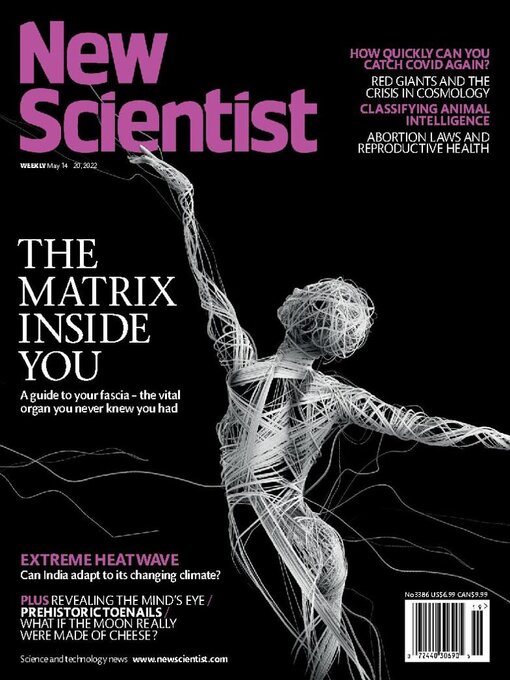
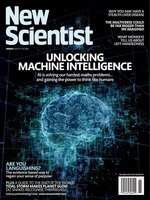 Apr 13 2024
Apr 13 2024
 Apr 06 2024
Apr 06 2024
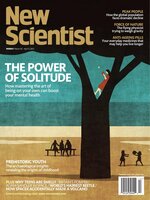 Mar 30 2024
Mar 30 2024
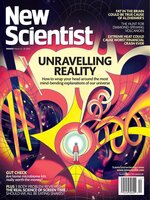 Mar 23 2024
Mar 23 2024
 Mar 16 2024
Mar 16 2024
 Mar 09 2024
Mar 09 2024
 Mar 02 2024
Mar 02 2024
 Feb 24 2024
Feb 24 2024
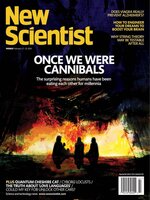 Feb 17 2024
Feb 17 2024
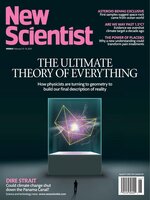 10 Feburary 2024
10 Feburary 2024
 Feb 03 2024
Feb 03 2024
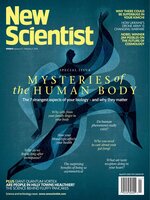 Jan 27 2024
Jan 27 2024
 Jan 20 2024
Jan 20 2024
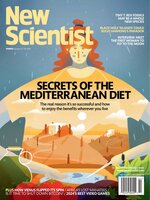 Jan 13 2024
Jan 13 2024
 Jan 06 2024
Jan 06 2024
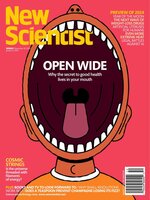 Dec 30 2023
Dec 30 2023
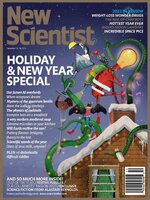 Dec 16 2023
Dec 16 2023
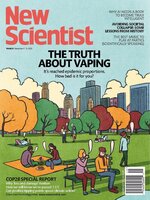 Dec 09 2023
Dec 09 2023
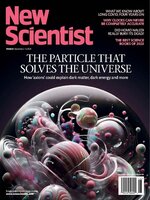 Dec 02 2023
Dec 02 2023
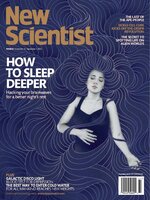 Nov 25 2023
Nov 25 2023
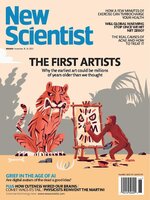 Nov 18 2023
Nov 18 2023
 Nov 11 2023
Nov 11 2023
 Nov 04 2023
Nov 04 2023
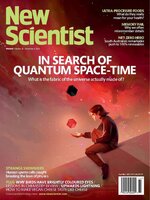 Oct 28 2023
Oct 28 2023
